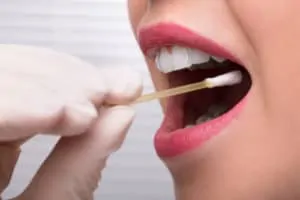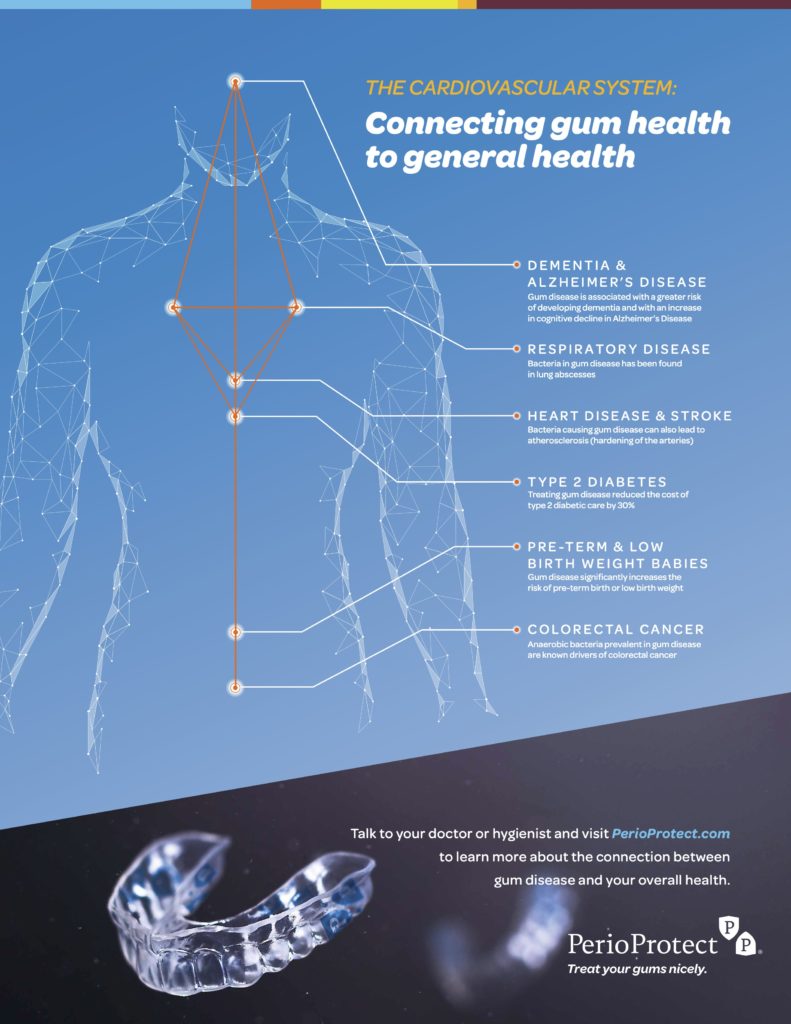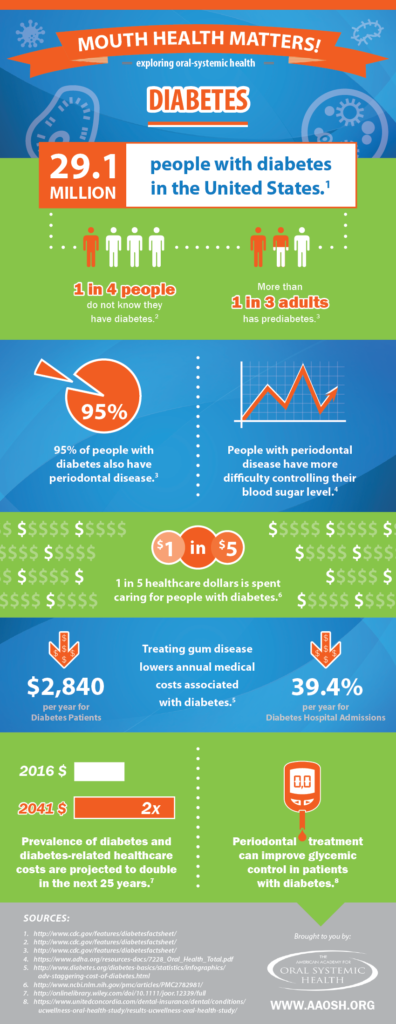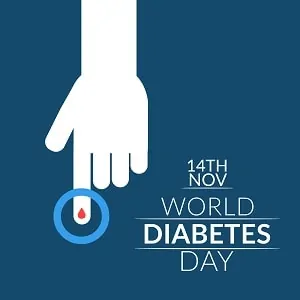Archives
 It’s true, we just used the words ‘fun’ and ‘spit’ in the same sentence. We’re not crazy, and we understand that many people don’t associate something typically considered gross to be fun. But to your dentist in Sparks, spit is a rather fascinating and helpful part of your oral and overall health. Let us explain.
It’s true, we just used the words ‘fun’ and ‘spit’ in the same sentence. We’re not crazy, and we understand that many people don’t associate something typically considered gross to be fun. But to your dentist in Sparks, spit is a rather fascinating and helpful part of your oral and overall health. Let us explain.
25,000 Quarts of What?
In your lifetime, you’ll produce an average of 25,000 quarts of spit. That’s enough saliva to fill a standard size swimming pool. But why do we need so much spit? We’re glad you asked.
Spit is an extremely important part of a healthy mouth as it helps remove food particles that may linger around after a meal. This is key to protecting teeth against dangerous bacteria that just love to feed on leftovers. The more spit we produce, the more food is rinsed away, and the better protected your teeth are. Spit’s superpowers don’t end there. Saliva can also help neutralize plaque acid, which can protect your pearly whites from decay.
Not Enough
There are times when you may not be producing enough spit. If this is the case, you probably feel as if your mouth is always dry, no matter what you do. Don’t ignore this symptom – call your Sparks dentist as soon as you can. A dry mouth is a serious problem that can increase the risk of decay since there’s not enough saliva to wash away food and bacteria and neutralize acids. Talk with your dentist to find out what may be causing your dry mouth and work together to find the best solution.
Spit and Overall Health
Spit’s benefits reach beyond oral health alone. Spit can help find bone marrow donor matches to help those with blood cancers. Unfortunately, the prevalence of blood cancers is extremely high, and every three minutes someone in the U.S. is diagnosed with blood cancer. This makes bone marrow really important. But patients can’t use just any bone marrow. There has to be a match. BeTheMatch.org is an organization that encourages people to join the bone marrow registry by simply swabbing the inside of the cheek and submitting it to their library where they’ll scan the registry to help find matches for patients. Who knew something so simple could help save a life?
Even though your dentist in Sparks may be more used to spit than you are, and while it may be a little gross, try to remember just how important it is for oral health and how it can help someone battling a very serious and very scary disease.
Re-posted with the permission of Perio Protect.
There is a strong correlation between gum health and your general wellness. Pathogens that enter the bloodstream are likely to enter through the busiest port in the body—your mouth.

In fact, specific strains of harmful bacteria present in infected periodontal pockets have also been implicated in cases of colorectal cancer, respiratory disease, heart disease and type 2 diabetes. As we move into National #DiabetesMonth, November is a good time to remind ourselves how gum health impacts those with diabetes, and vice versa.
Diabetics need to pay special attention to their gum health. Not only are people with periodontal disease more likely to develop diabetes, but those same people are likely to develop more severe gum disease as a result of their diabetes. This is because heightened blood sugar can restrict the body’s immune system and lead to infection. Conversely, those with periodontal disease have more difficulty managing their blood sugar level.
It’s a downward spiral that can be difficult to remedy.
Diabetes is a serious issue. It affects almost 30 million people in the US alone. And 95% of those people also have periodontal disease.
The better news is: treating gum disease lowers the cost of treating gum disease by nearly 40%. According to the American Academy for Oral Systemic Health, $2,840 per patient, per year.

And while diabetes is top-of-mind during Diabetes Awareness Month, treating gum disease can be a simple, daily habit that requires very little effort on the part of the patient. Our patented, FDA-cleared Perio Trays® deliver hydrogen peroxide Perio Gel®deep below the gum line, into periodontal pockets where toothbrushes and floss simply cannot reach. It’s a safe, easy and effective solution.

Oral Health & Diabetes
Diabetics and their caregivers are well aware of just how much the disease can affect the body, but an often overlooked side effect of diabetes is directly related or oral health. The truth is, diabetes can increase the risk for gum disease, oral infections, poor healing after dental treatment, and dry mouth. If you’re diabetic or have a loved one with diabetes, try these tips to keep oral health in tip-top shape.
Tip #1 – Regular Dental Care is Key
Practicing good dental habits at home is a great way to reduce the risk of diabetic complications related to oral health. Make sure to brush your teeth twice a day, every day, for two minutes. Use a soft-bristled toothbrush and scrub gently to avoid damaging your teeth or gums. Also, brushing your tongue and flossing every day can take your at-home oral hygiene routine one step further and remove even more plaque and bacteria. At our dental office in Sparks, we also recommend maintaining regular visits with our team so we can keep a close eye on oral health. This is especially important if you’re diabetic.
Tip #2 – Eat Smart
Those with diabetes know the importance of eating healthy to control their blood sugar levels, and we can’t stress enough how important a well-balanced diet is for your oral health, too. Minimize your sugar intake to avoid blood sugar spikes and to protect your teeth from its damaging effects. Choose fresh veggies, fruits, and whole grains for a complete diet that’s not only good for your body but also good for your smile. If you’re unsure which foods are best and worst for diabetic patients, talk with your doctor about creating a meal plan.
Tip # 3 – Level Out
Diabetics are accustomed to checking and maintaining their blood glucose levels, and for good reason. Spikes in blood glucose levels can damage essential organs such as the heart and kidneys. But increased blood glucose can also cause problems with your mouth. High blood glucose in diabetics also means a higher chance of loose teeth or even losing teeth altogether. Another oral health concern related to diabetes is gum disease. Gum disease is a serious condition for anyone, but diabetics may have more problems fighting the infection and, in turn, keeping their diabetes under control.
Join our dental office in Sparks in celebrating World Diabetes Day by wearing blue, scheduling a check-up with your doctor if you suspect you may have diabetes, and of course, always brush and floss.
